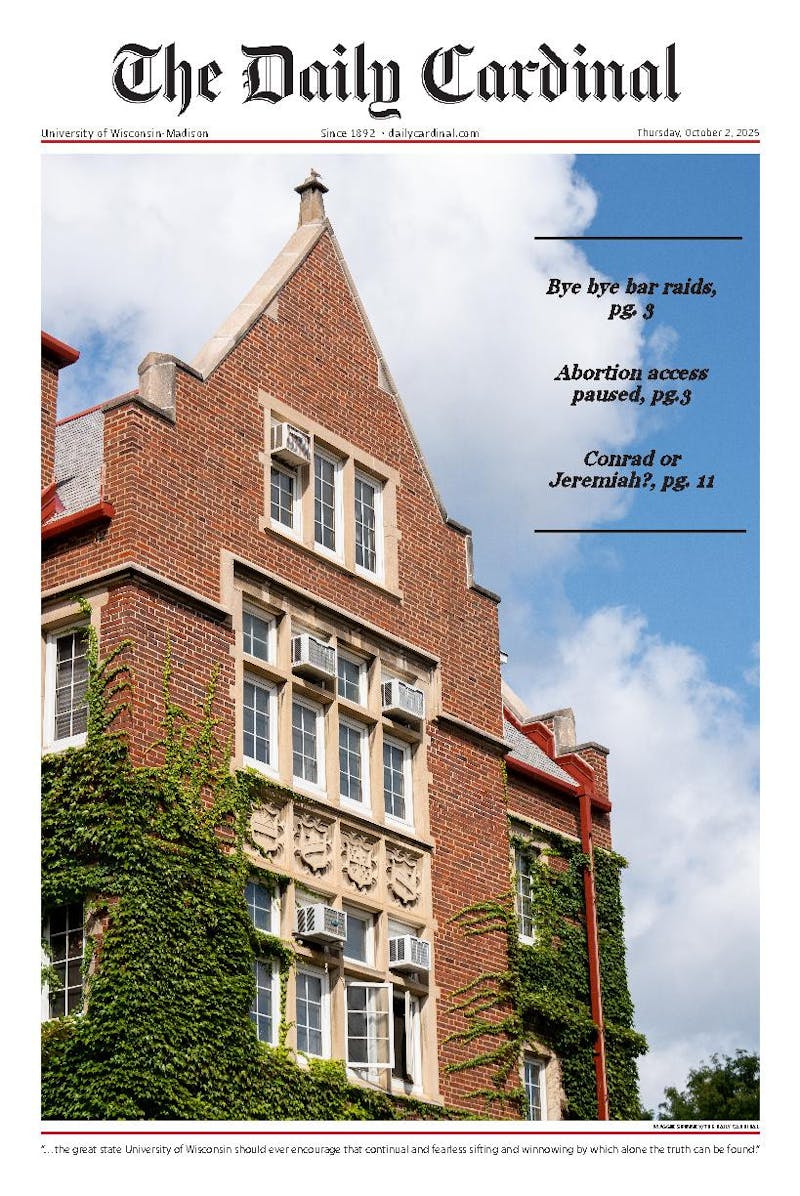You wouldn't expect a band with a name like …And You Will Know Us by the Trail of Dead to meddle in the mundane, and they don't. For nearly a decade now, the Trail of Dead have been crafting record after record of caterwauling guitars and explosive vocal epiphanies, only catching their breath for the occasional tension-mounting interlude. In other words, the mantra of the band's sound has always been—Make it epic.
For some fans, this formula has delivered on the goods, but for many critics a sound this big has been a welcome occasion to dismiss it as ‘contrived,' ‘over-wrought' or, at worst, ‘cheesy.' True, the band has at times been any of these things, and often all at once, but it has rarely compromised their ability to make an enjoyable album. The Tao of the Dead, their seventh album, finds the Trail of Dead undeterred in the pursuit of their lofty ambitions, though this time around the result is a mixed bag.
The Tao begins in typical fashion, with an intro of inclined guitars set to a steady march of drums that, once reaching a soaring altitude, are bolstered even further with piano. It is grandiose, sort of ridiculous, but it sets the tone of the album and honestly, what were you expecting? Following the intro, ""Pure Radio Cosplay"" and ""Summer of All Dead Souls"" deliver the Dead's signature brand of raucous rock, but this time it's tinged in psychedelic undertones.
But, as has been the case with their last couple of albums, the Dead cannot sustain the momentum. The middle of the album is something of a lull. Aside from ""The Wasteland,"" a rollicking couple of minutes of pitch-perfect modern rock, songs like ""Fall of the Empire"" and ""The Spiral Jetty"" sound like mere shades of bigger songs that never got written. They begin with a promising melody, but each stagnates without taking off.
It is for this reason that, despite the album's blazing trajectory, it never clearly finds its footing. Not because the Dead have set the ambition bar any less high, but because they set it all over the place. Like an angry alcoholic, the album attacks or slows down, exerting its intensity without any sense of direction or purpose. ""Somewhere Over the Double Rainbow,"" apart from its awful title, arrives after the album's crowning achievement—the stormy ballad ""Ebb Away."" Instead of offering any stab at continuity in this sequence of greatness, ""Somewhere Over the Double Rainbow"" meanders through a psych-rock jam session. It is a criminal moment on the record, sounding more like a tacked-on Rush B-side than an actual song.
Tao of the Dead is not the album of epic importance it purports to be. Even while the album certainly fails to deliver on the roaring promise of its beginning or its sprawling finish, fans of anything the Dead have done since World's Apart will not have trouble finding more than a few moments of fleeting greatness.






